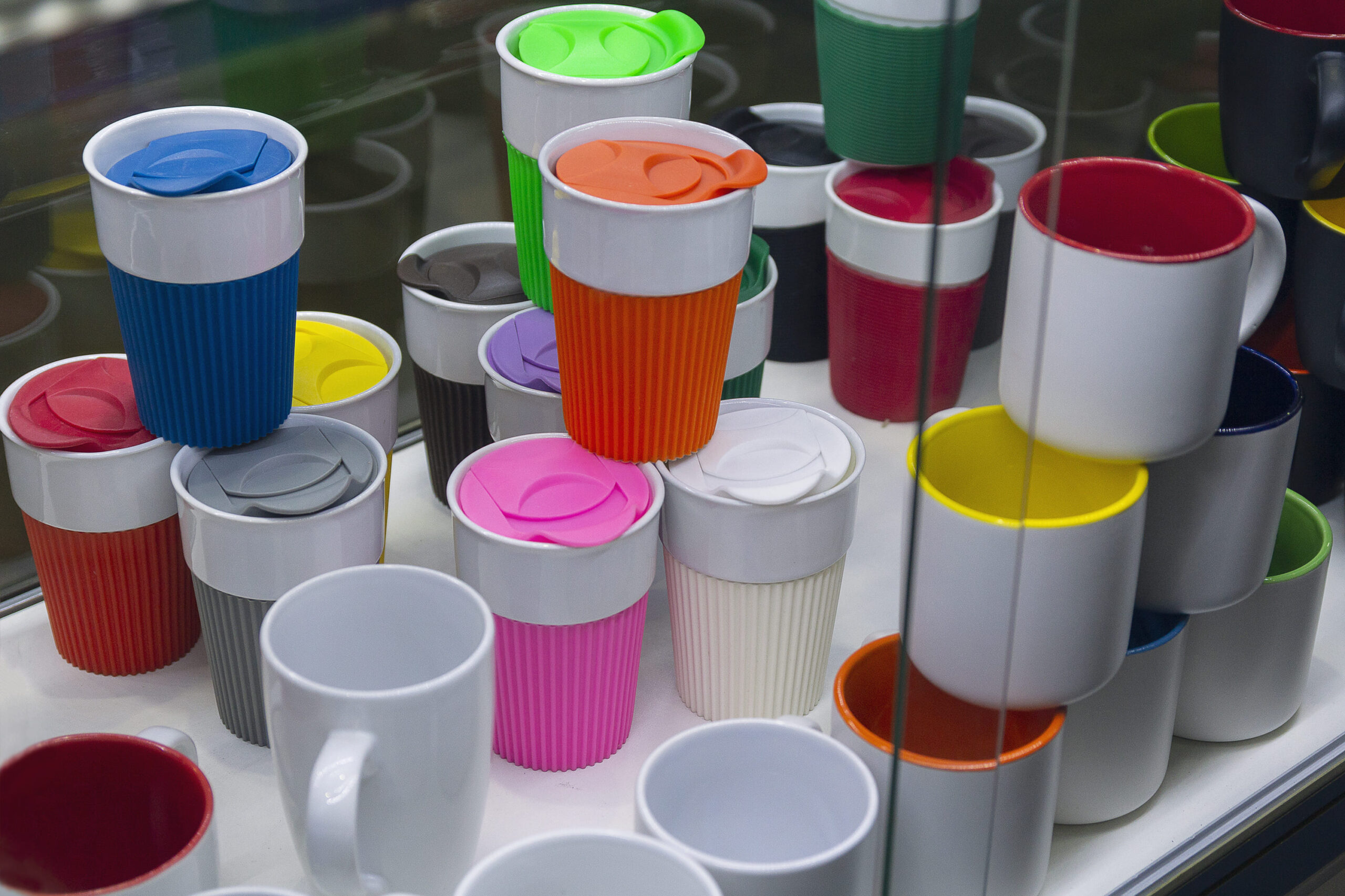Did The Ohio State University Just Burst Redbubble?
As a University of Michigan graduate, I can say with some confidence that it is rare for Michigan and “The” Ohio State University to agree on anything. However, a recent appeal involving trademark infringement claims against an online retailer gave the two universities a rare opportunity to cooperate in an effort to protect their intellectual property.
The case is Ohio State Univ. v. Redbubble, Inc., 6th Cir., No. 19-03388, 2021 U.S. App. LEXIS 5610 (Feb. 25, 2021). Redbubble is an online marketplace for print-on demand products. Independent artists submit upload images on the Redbubble’s interface. The artists are not employed by Redbubble. Customers then can review the images and place orders for custom items like clothing, masks, or phone cases.
Once a customer places an order, Redbubble arranges for the manufacture and shipping of the products through third parties. Redbubble never takes title to the products. Nor does it design, manufacture, or handle the products.
However, when the products are shipped, the Redbubble name and logo appear on the packaging. Redbubble helps market the products. Redbubble also reserved the right to dispose of excess merchandise.
The Ohio State University alleged that images uploaded by Redbubble artists violated the University’s trademarks. Ohio State’s licensing program had generated more than $100 million in revenue for the University over the seven years prior to the litigation. So, when its complaints to Redbubble went unaddressed, Ohio State sued, bringing claims for trademark infringement, counterfeiting, unfair competition under the Lanham Act, and violations of Ohio’s right-of-publicity statute against Redbubble. Redbubble argued that its was not liable because it was a “transactional intermediary” that did not directly sell the products.
The district court agreed and granted summary judgment to Redbubble. It compared Redbubble to Amazon and found that Redbubble merely provided a platform for third parties to sell products:
Redbubble is not liable for direct infringement on these facts. The caselaw sets up a spectrum against which to measure Redbubble’s conduct. At one end are companies that function like auction houses and are not liable for direct infringement. At the other end are companies like CafePress and SunFrog that themselves manufacture and ship infringing products to the customer. Redbubble does not fit neatly into either of these categories. But Redbubble’s actions put it closer to the auction house side of the spectrum than to CafePress. Redbubble essentially offers to “independent artists” an online platform through which to sell their goods and access to Redbubble’s relationships with manufacturers and shippers. Redbubble is not directly producing the goods nor, like SunFrog, is Redbubble maintaining a design database and then placing the designs onto goods that customers order.
Ohio State Univ. v. Redbubble, Inc., No. 2:17-cv-1092 2019 U.S. Dist. LEXIS 53695, *13-14 (S.D. Ohio March 29, 2019).
The Sixth Circuit reversed. It found that the district court had correctly recognized that trademark infringement liability exists on a spectrum from passive facilitators such as Amazon who may avoid liability when selling third-party goods, to brick-and-mortar vendors on the other hand who sell products directly to consumers and therefore are liable for infringement.
However, the Sixth Circuit held that the district court’s analysis was overly narrow because it did not consider all the ways in which Redbubble participated in the creation and sale of the products. In particular, the Sixth Circuit found that because “products ordered on Redbubble’s website do not yet exist, come into being only when ordered through Redbubble, and are delivered in Redbubble packaging with Redbubble tags,” Redbubble could potentially be liable for infringement. In reaching this conclusion, the Sixth Circuit distinguished Redbubble from online marketplaces like Amazon and eBay, because those entities do not bring products “into existence” and do not market them as their own products. The Sixth Circuit remanded the case and instructed the district court to consider Redbubble’s degree of control and involvement over the manufacturing, quality control, and delivery of goods to consumers in assessing whether Redbubble could be liable for infringement. In reaching this conclusion, the Sixth Circuit adopted a position supported by an amicus brief by the University of Michigan (among several other institutions).
Given the difficulty in identifying and collecting from independent artists, the Sixth Circuit’s decision provides intellectual property owners a practical alternative for addressing online infringement. It also highlights that not all online sellers are created equal and the importance of exploring exactly how involved an online seller is in the development, marketing, and sale of its products. This is a theme that has ramifications outside of the intellectual property arena, as the ongoing negligence and product liability cases against online retailers such as Amazon illustrates. Finally, the fact that even bitter rivals like The Ohio State University and the University of Michigan can become allies demonstrates the enormous value institutions place on protecting their intellectual property.


